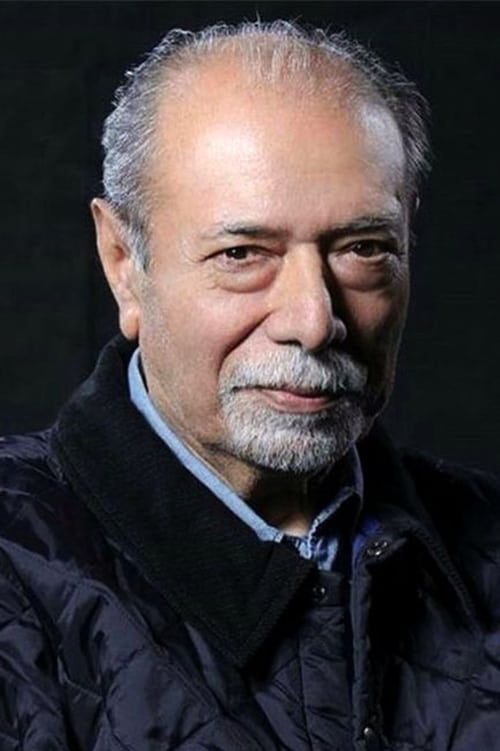The Cow (1969)
ジャンル : ドラマ
上映時間 : 1時間 45分
演出 : Dariush Mehrjui
シノプシス
An old villager deeply in love with his cow goes to the capital for a while. While he's there, the cow dies and now the villagers are afraid of his possible reaction to it when he returns.
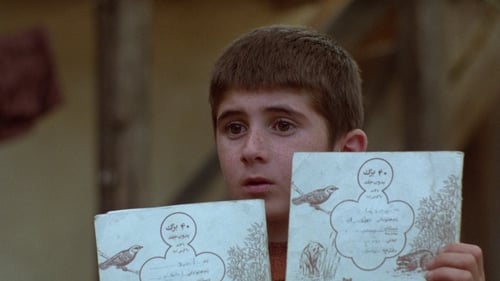
間違って友だちのノートを持ち帰ってしまった少年が、ノートを返そうと隣村へと走る! キアロスタミ監督の名を世界的なものにした作品で、通称“ジグザグ道3部作”と呼ばれる作品の第1作。
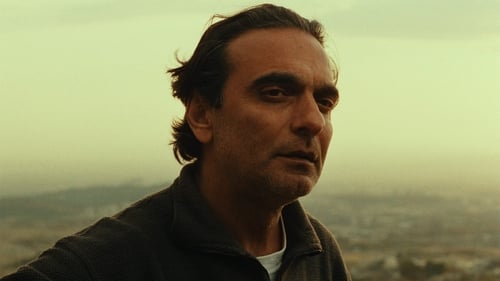
A middle-aged Tehranian man, Mr. Badii is intent on killing himself and seeks someone to bury him after his demise. Driving around the city, the seemingly well-to-do Badii meets with numerous people, including a Muslim student, asking them to take on the job, but initially he has little luck. Eventually, Badii finds a man who is up for the task because he needs the money, but his new associate soon tries to talk him out of committing suicide.
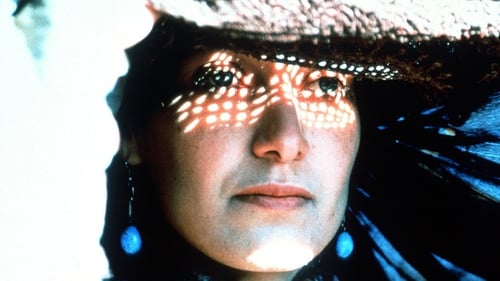
After an Afghanistan-born woman who lives in Canada receives a letter from her suicidal sister, she takes a perilous journey through Afghanistan to try to find her.

An old villager deeply in love with his cow goes to the capital for a while. While he's there, the cow dies and now the villagers are afraid of his possible reaction to it when he returns.

Itinerant Kurdish teachers, carrying blackboards on their backs, look for students in the hills and villages of Iran, near the Iraqi border during the Iran-Iraq war. Said falls in with a group of old men looking for their bombed-out village; he offers to guide them, and takes as his wife Halaleh, the clan's lone woman, a widow with a young son. Reeboir attaches himself to a dozen pre-teen boys weighed down by contraband they carry across the border; they're mules, always on the move. Said and Reeboir try to teach as their potential students keep walking. Danger is close; armed soldiers patrol the skies, the roads, and the border. Is there a role for a teacher? Is there hope?
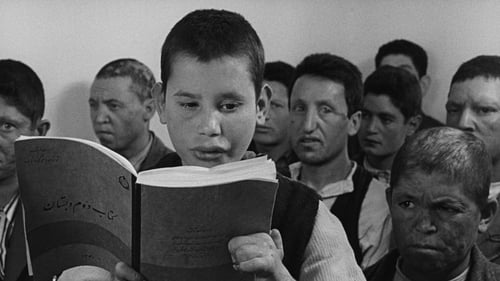
Set in a leper colony in the north of Iran, The House is Black juxtaposes "ugliness," of which there is much in the world as stated in the opening scenes, with religion and gratitude.

A minimalist study of lonely, isolated existence. Mohamad Sardari has spent thirty years at a remote outpost raising and lowering a gate to keep road traffic from crossing tracks when a train passes. He lives with his wife in an unadorned shack; a few bare trees dot the threadbare landscape.

THE BRIGHT DAY weaves a story that has its roots in the complexity of Iran’s draconian laws governing capital punishment. A kindergarten teacher hopes to aid the father of one of her young students, a man accused of manslaughter, by convincing each of seven reluctant witnesses to come forward. No one lacks a hidden agenda in this drama in which shades of truth collide with self-interest and the specter of payback. (Gene Siskel Film Center)

Siavash Shahabi film made in 2011.

The Last Word (Persian: حرف آخر) is a 2009 social drama Iranian film Written And Directed By Hossein Shahabi. This is a film about Iranian champion athletes.

The Photo (Persian: عکس) is a 2001 Iranian drama film Written and directed by Hossein Shahabi

Rain Tree (Persian: درخت بارانی) is a 2001 Iranian drama film Written and directed by Hossein Shahabi.

Hundred to one hundred (Persian: صدبرابرصد) is a 1995 Iranian film written and directed by Hossein Shahabi (Persian: حسین شهابی)

Elevator (Persian: آسانسور) is a 1995 social drama Iranian film, written and directed by Hossein Shahabi (Persian: حسین شهابی)

A film written and directed by Siavash

Jafar Panahi's short film, shot with one uninterrupted long take, about siblings trying to sell a carpet in need of money.

For forty years, Esfandiar has been unconcernedly preparing corpses for the journey to their final resting place. One day, whilst preparing a burial service, he's taken ill. Might he too be mortal?

Forough is a middle aged woman whose husband has temporarily married with another woman. Even though that was kept secret from her, but his action is considered legal in Iran. Now the husband is in prison, due to not being able to pay second wife’s “Mehrieh” (the bride’s marriage portion).The second wife intends to receive her Mehrieh by asking the court’s permission to sell his house. Forough, the first wife, in order to not lose her home, intends to sell all she has to pay for her husband’s debt and release him from the jail.

Mr Ahmadi gets on an inter-city minibus for a relatively straightfoward trip. The mileu of arrivals and departures brings his journey new meaning.



